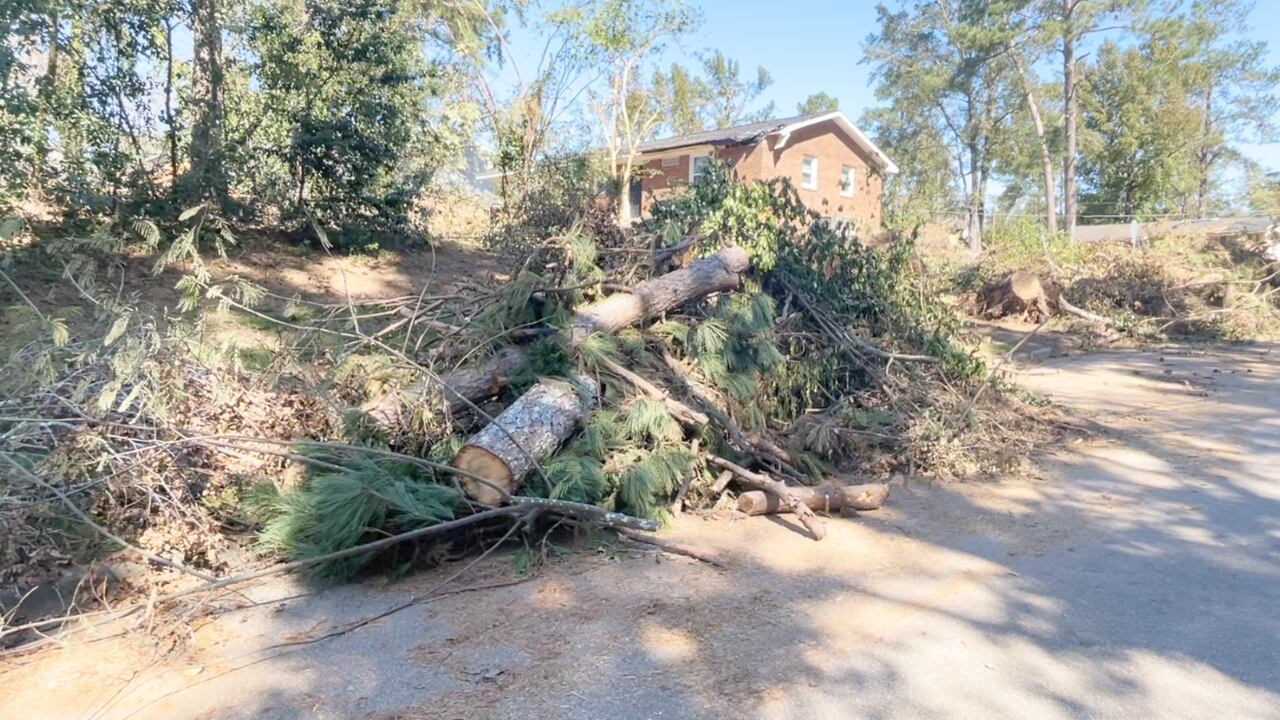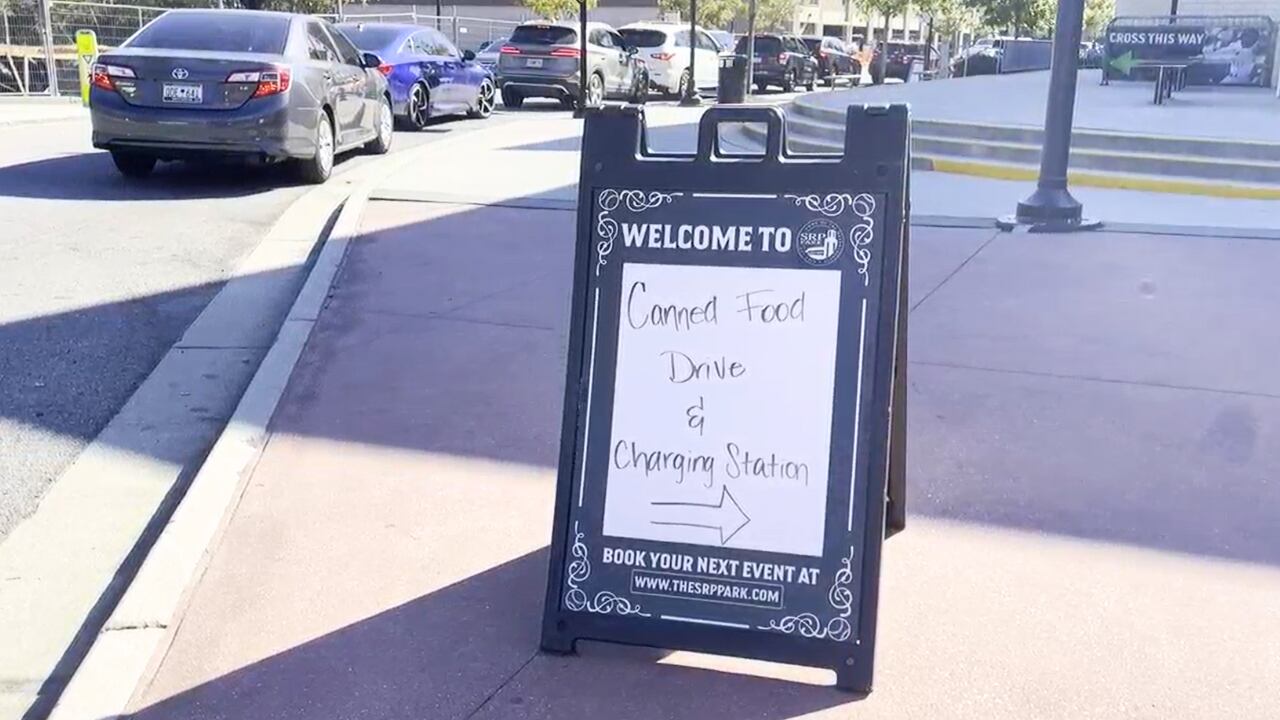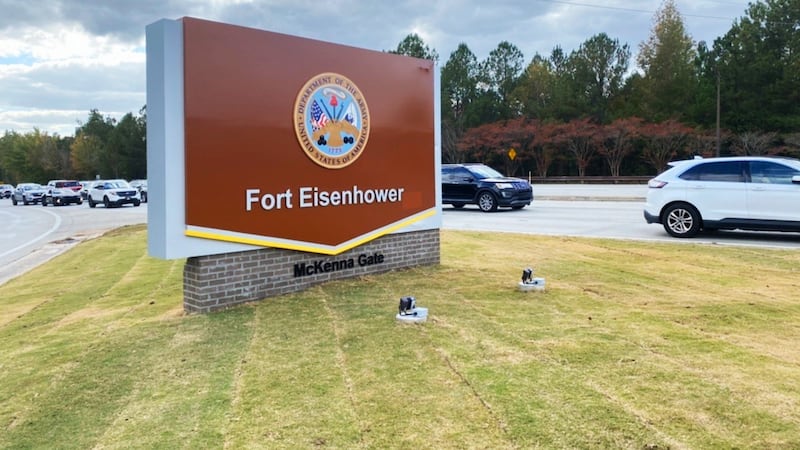‘Crazy busy’ Atlantic hurricane season is far from over
- I-TEAM: Some say FEMA assistance isn’t coming fast enough
- FEMA application denied? Here are common reasons - and what you can do
- Storm debris: How long will cleanup take in the CSRA?
- Election: Judge rejects push to reopen Ga. voter registration after Helene
- Fort Eisenhower: Post reopens after partial closure due to Helene
- Education: How will S.C. schools make up days canceled by Helene?
Millions of people in the southeastern U.S. still are reeling from the catastrophic damage caused by Hurricanes Helene and Milton, but scientists warn that the Atlantic hurricane season is far from over.
“As far as hurricane landfalls in the U.S., it’s been crazy busy,” said Jeff Masters, meteorologist for Yale Climate Connections. So far five hurricanes have made landfall in the U.S. — and the record is six.
2 weeks after Helene, what’s the status of storm recovery across CSRA?
It’s been two weeks now since Helene blew through our area and changed life as we know it. 14 days in, and it seems we’re getting better at adapting.

Masters said it’s possible that record will be matched since tropical cyclone activity is expected to be above-average for the rest of October and November.
Hurricane season officially ends Nov. 30 and peaks from mid-August to mid-October due to warm ocean waters. Masters said the very active period will continue into November because of favorable upper level winds in the atmosphere as well as ocean temperatures remaining at record-high temperatures.
Helene cleanup in CSRA: How long will it take?
Cleanup crews are already out and beginning to chip away at the massive debris project left by Hurricane Helene.

“I think probably two or three more named storms by the first week of November is a good bet with at least one of those being a hurricane,” said Masters.
“The Gulf (of Mexico) remains fairly anomalously warm even at this point in the year, so we shouldn’t relax,” said Chris Horvat, assistant professor of earth, environment and planetary science at Brown University.
Warm ocean waters at 80 degrees Fahrenheit (26.6 Celsius) or higher fuel hurricanes, but other factors needed for hurricane formation, such as favorable upper level winds, will eventually cap when these monster storms can form.
Minor league teams come together to CSRA community at SRP Park
On Saturday, the GreenJackets gave away food and supplies, along with other minor league teams in the southeast.

“The Caribbean is warm enough year-round to get hurricanes, but it’s the strong upper level winds that prevent it from happening in the winter,” said Masters.
Staying prepared through the latter part of hurricane season is essential. “Because of climate change making the oceans warmer, we should expect to see more high-end hurricanes and we should expect to also see them later in the season,” he said.
Copyright 2024 WRDW/WAGT. All rights reserved.














